Sermons & Homilies
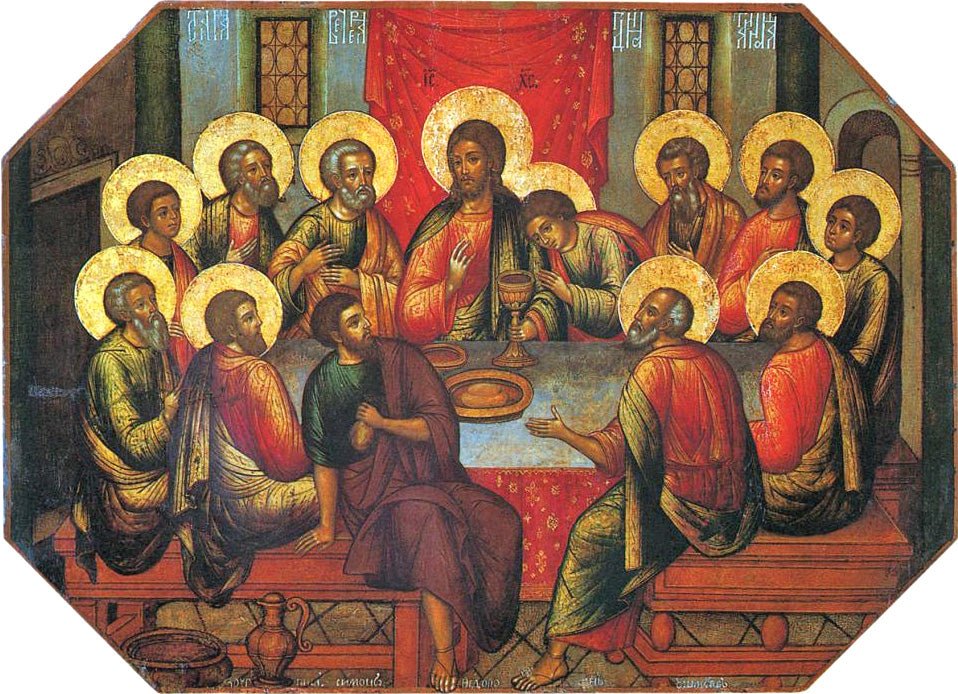
All our lives on this earth have been given to us for this one purpose: to decide whether we want to be with God for all eternity, or whether we would really prefer for Him to simply leave us alone. Perhaps it seems to us impossible that we would ever, like the Gadarenes (cf. Luke 8:26-39), ask God to go away. But, my brothers and sisters, we must all ask ourselves: how many times a day do we, too, “[begin] to make excuse” (Luke 14:18), offering to God (as well as to ourselves) various justifications for the fact that all sorts of other things so often seem more necessary and important to us than being with Him? To put it another way: do we often find ourselves looking for every opportunity to lay earthly things aside and spend more time in prayer? Or do we often find ourselves looking for every excuse to lay prayer aside, and spend more time immersed in the cares and pleasures of this world? Thank God, we have been given all our lives to repent, to learn at long last to make the right decision when we hear His divine call. But, my brothers and sisters, this does not mean we do not have to make the decision until the end of our life finally arrives. No, we make this decision constantly, every minute of every hour of every day: do we want to be with God, or not? In each and every moment, we accept or refuse God’s invitation to His Heavenly Banquet.
Continue reading
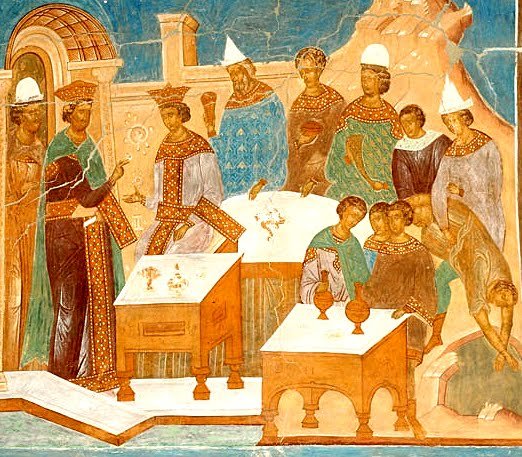
What is the essence of Orthodoxy? Orthodoxy has a lot of rituals. Rituals are important but the essence is not about rituals. Orthodoxy has a lot of rules—liturgical rules, fasting rules, prayer rules. The rules are important, but the essence is not in rules. Orthodoxy has a lot of theology—dogmatic, ascetical, mystical. Theology is important, but the essence is not theology. Orthodoxy is about that great mystery that our forefather Adam prophesied at the beginning.
Continue reading
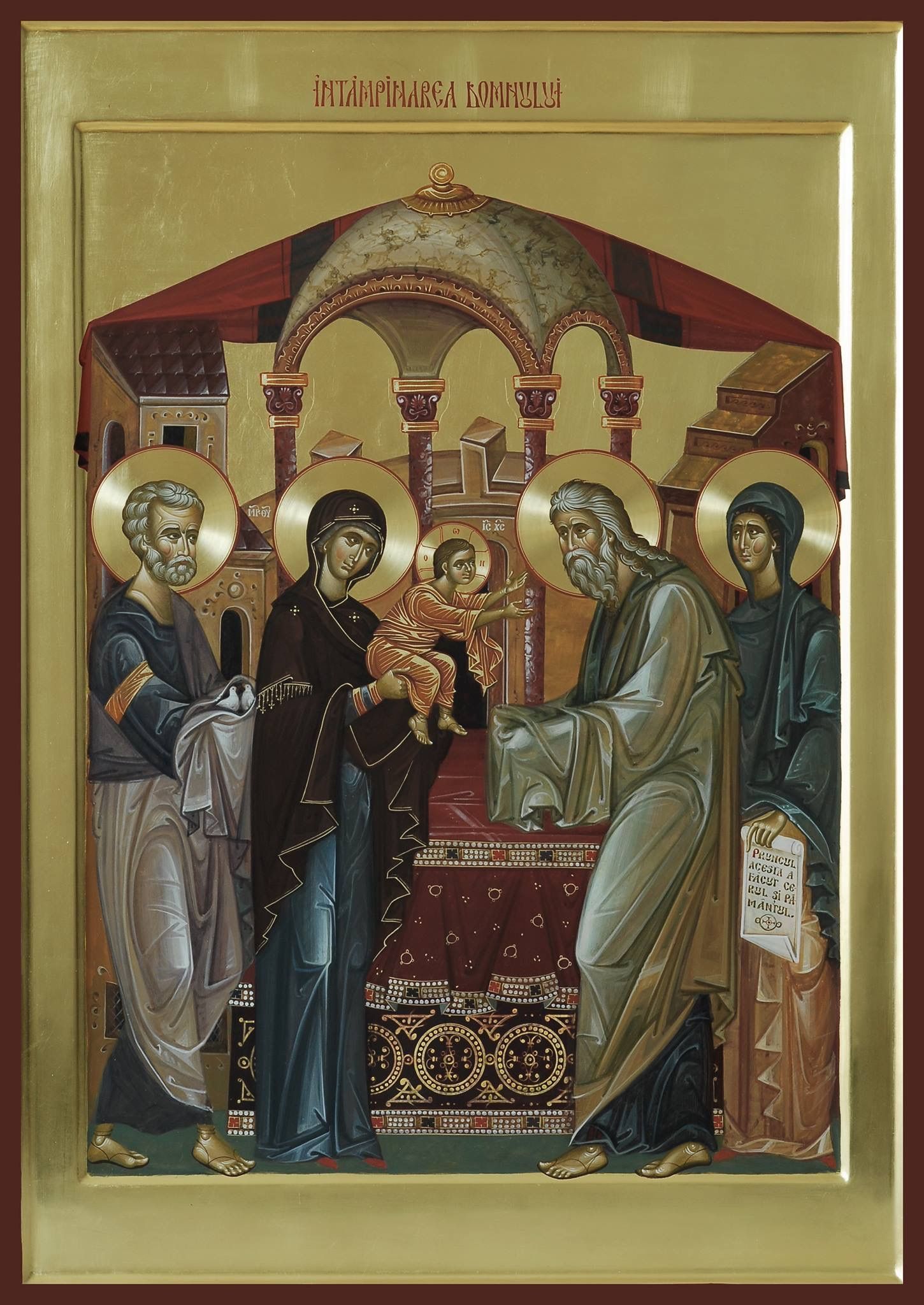
Today is the fortieth day since we celebrated the Nativity of Christ, and so today, we celebrate the Meeting of the Lord, a Feast of the Lord having its roots in the book of Exodus wherein the Lord gave the command to Moses: “Consecrate to me every firstborn male. The first offspring of every womb among the Israelites belongs to me, whether human or animal.” (13.1-2, cf. Luke 2.23). We celebrate this event today because Christ is the firstborn male, and the first offspring, and, therefore, was brought into the Temple by his parents, confirming their obedience to the Law.
Continue reading
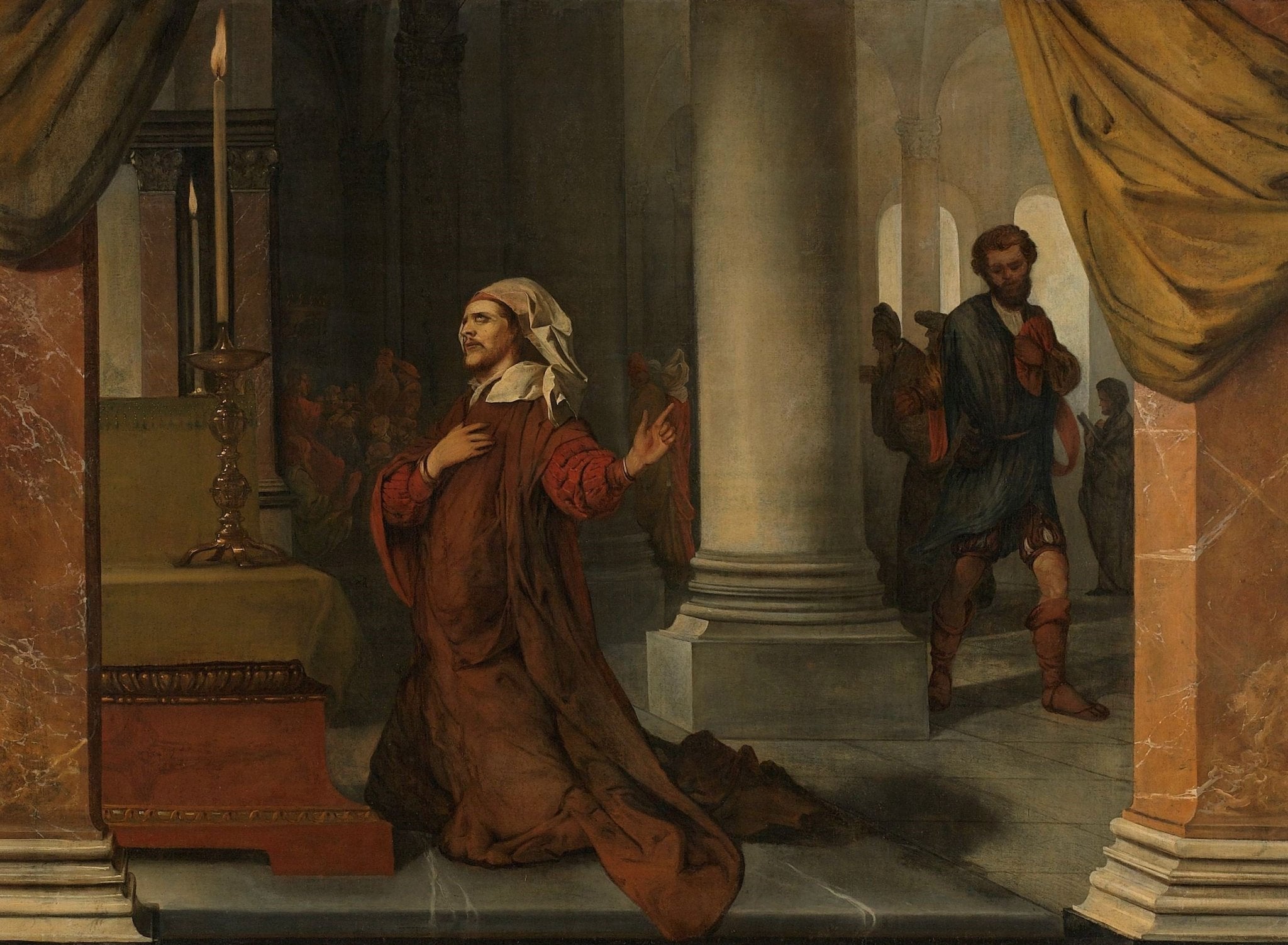
God is always providing a means to grant us humility. But humility cannot be acquired without humiliation. Humiliation comes about either through our interior passions and falls into sin, or from painful circumstances of body or soul, or from our brother, or by the feeling of God’s grace having withdrawn from our soul, or from all of these together, or a combination of some of them.
Continue reading
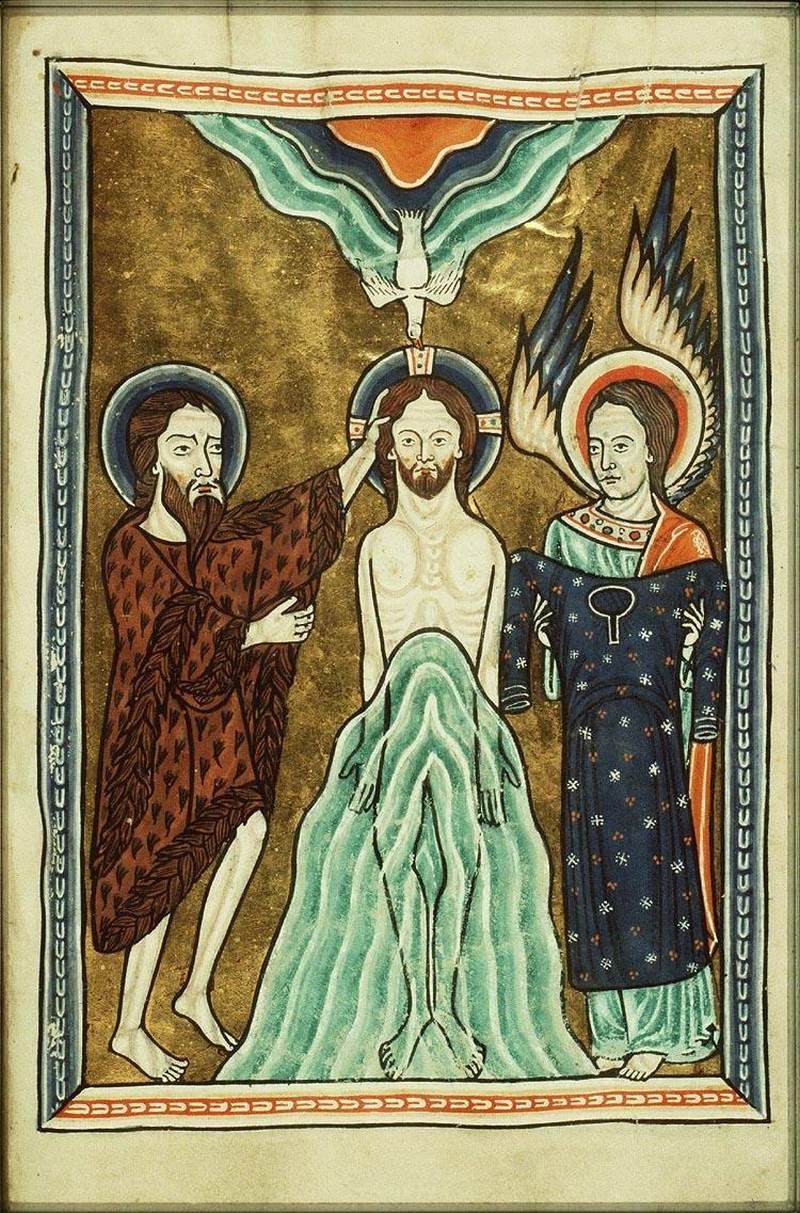
Our brother is our life. We’ve all heard this saying before. But have we really grasped it yet? Have we actually started to live it ourselves? Does it bear any relation to how we experience each day of our monastic life? Even in the monastery—or we might say, especially in the monastery—the force of this saying can be lost on us. Instead, we see our brethren as obstacles to be overcome, as burdens to be endured, as competitors to be defeated, or nuisances to be ignored.
Continue reading

